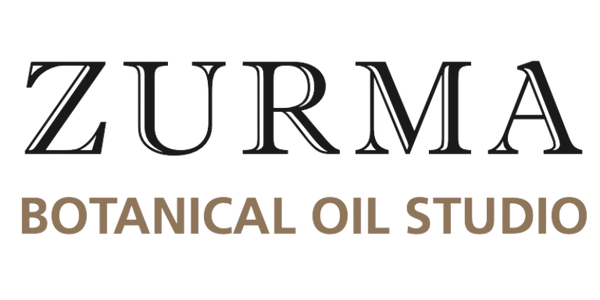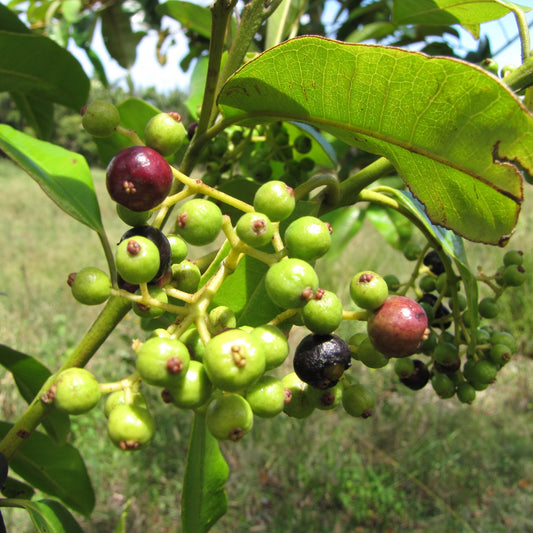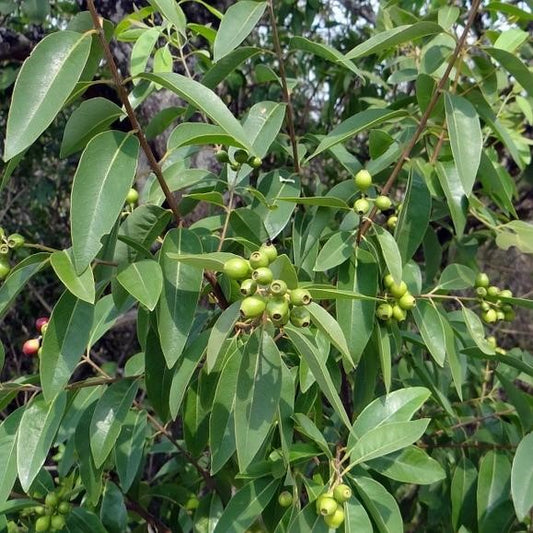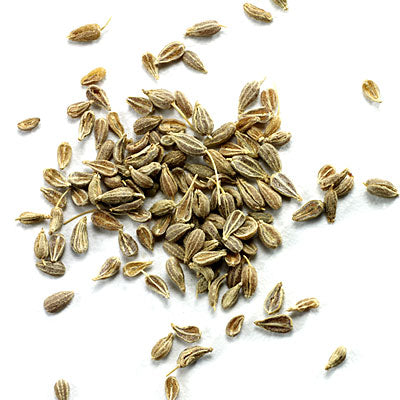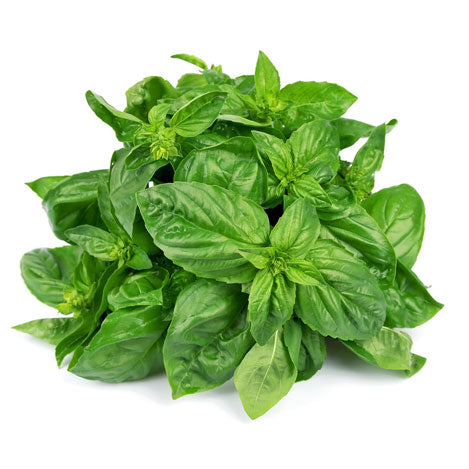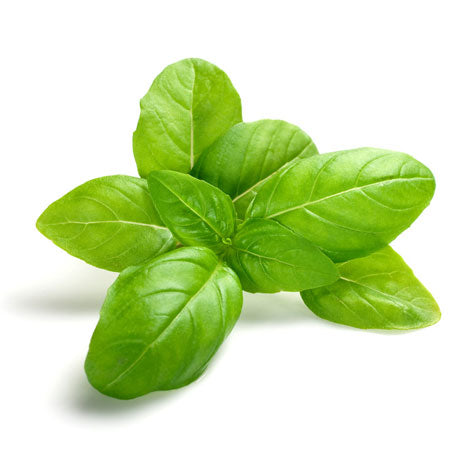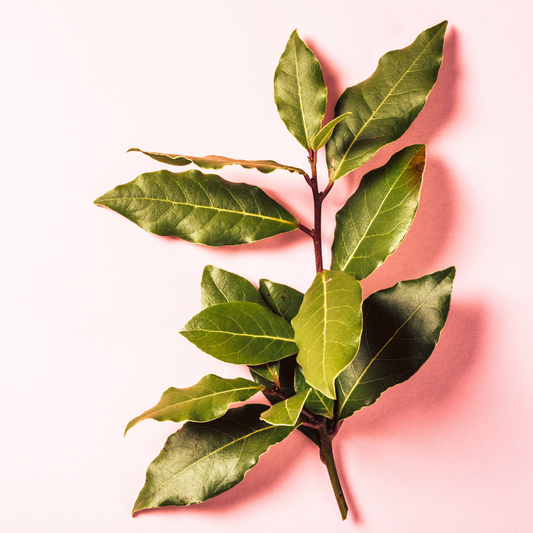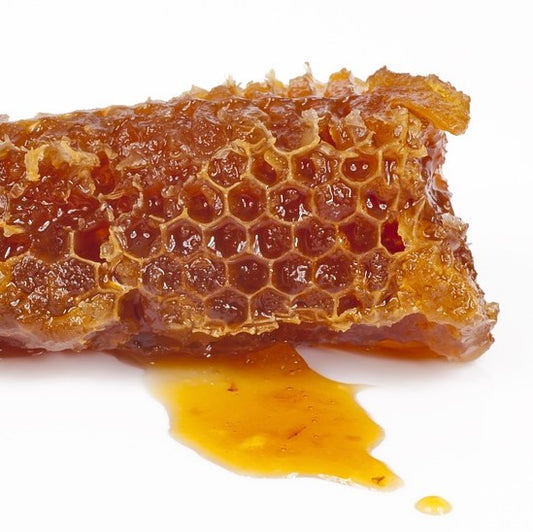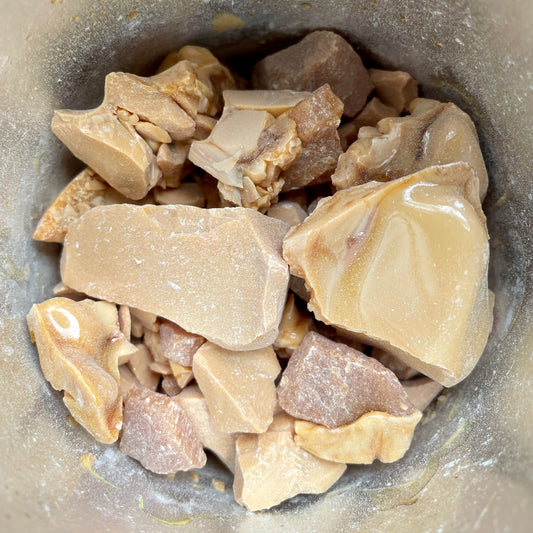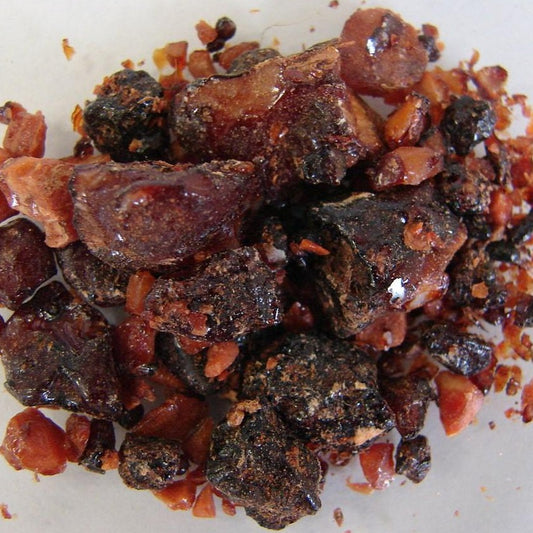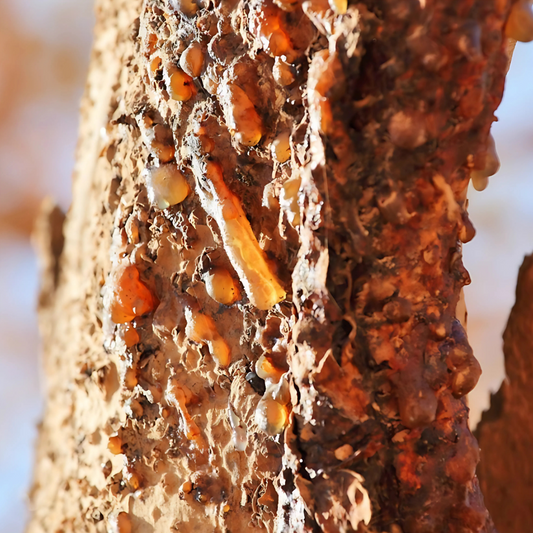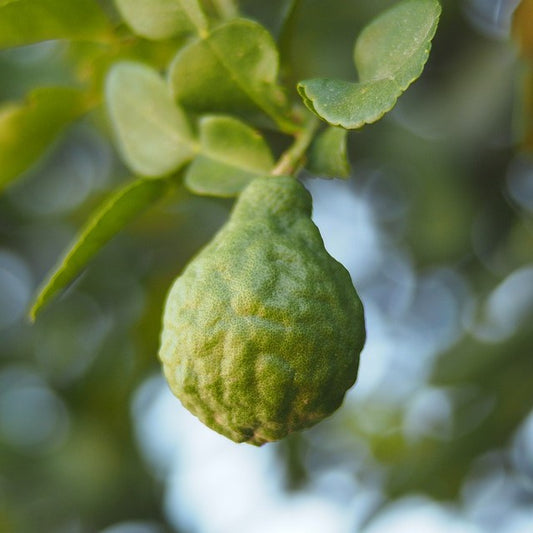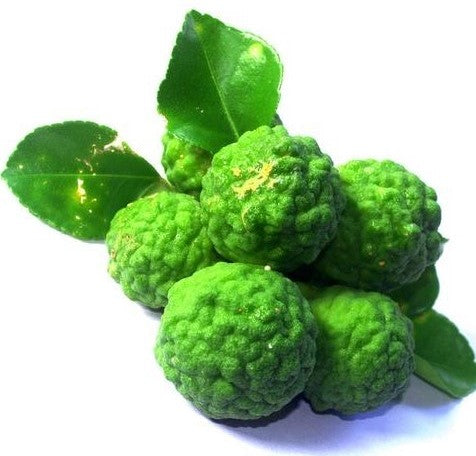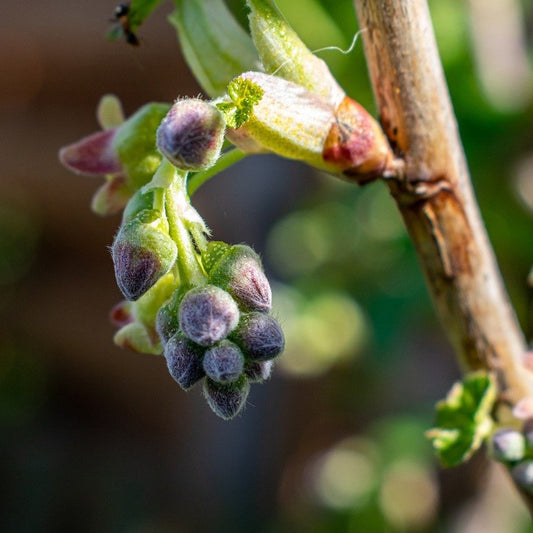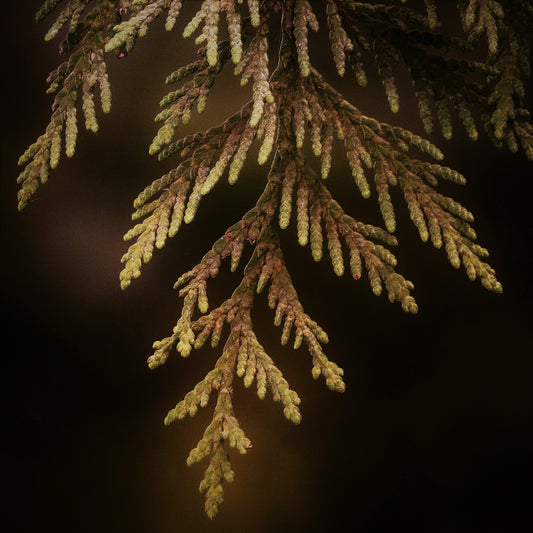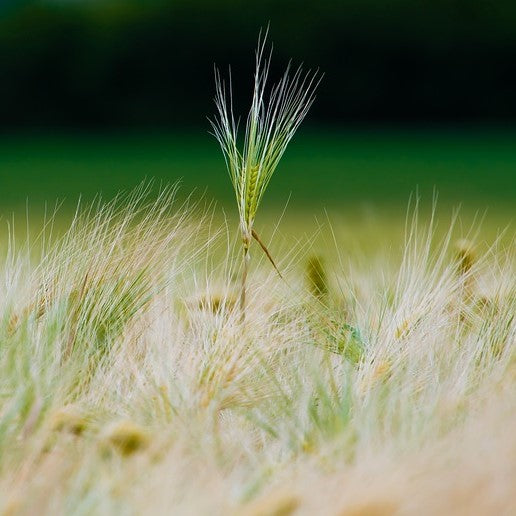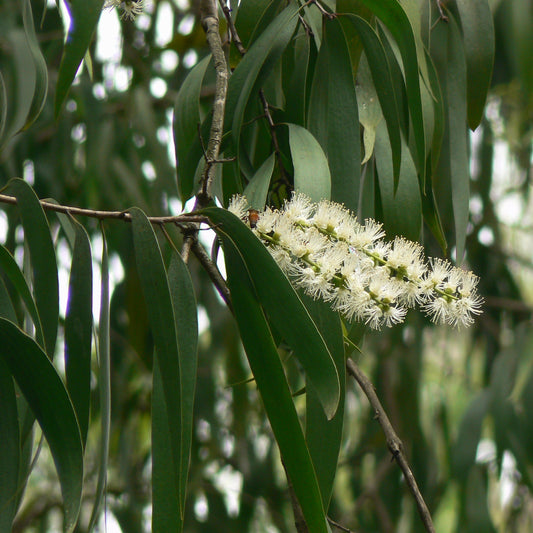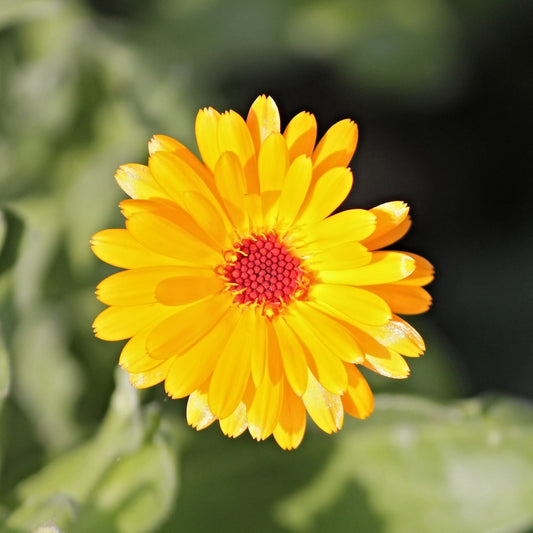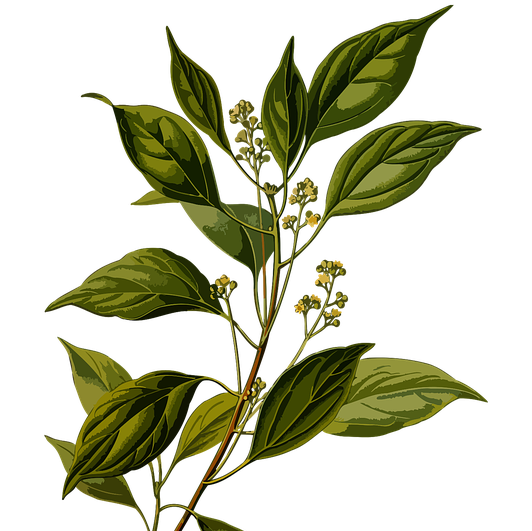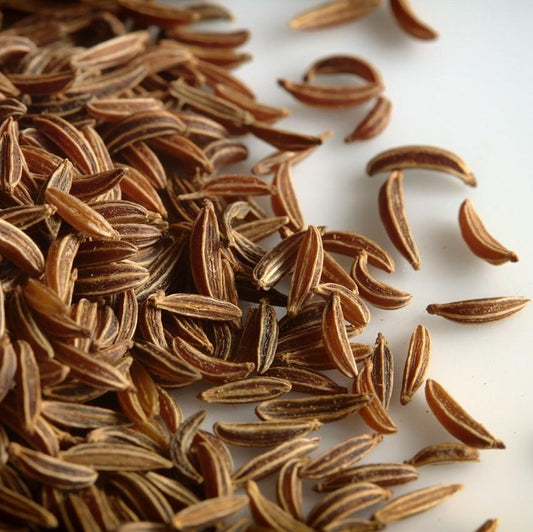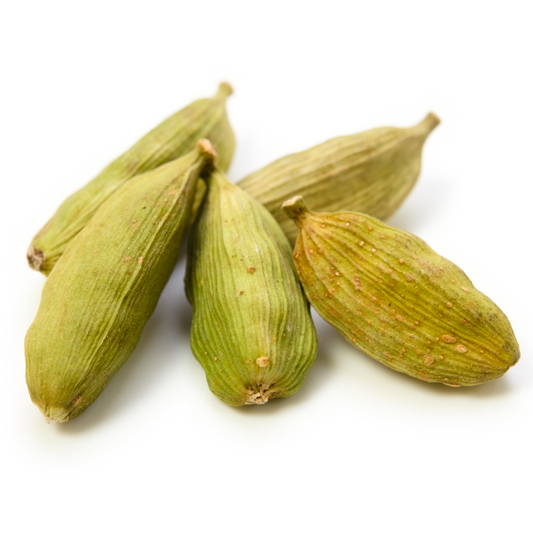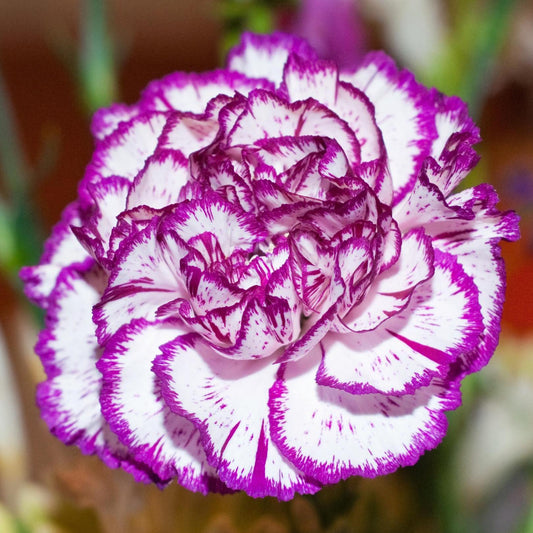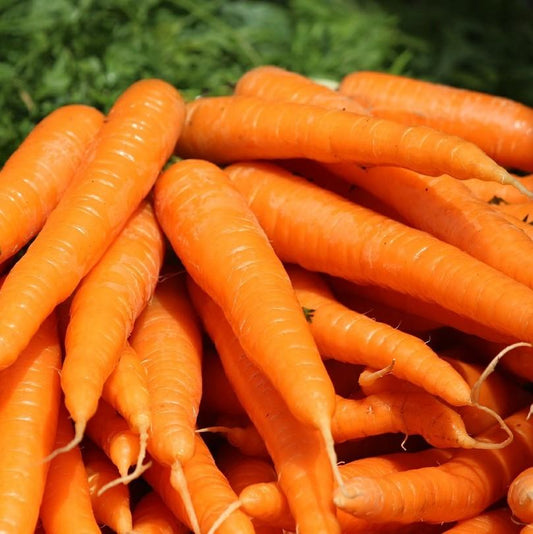Guide to Essential Oil Adulteration: Understanding, Detecting, and Preventing
Essential oils have gained popularity for their potential therapeutic and aromatic benefits. However, the rise in demand has also led to an increase in essential oil adulteration, where lower quality oils or synthetic compounds are added to authentic essential oils. Adulteration compromises the quality and safety of the products, as well as erodes consumer trust. It has been reported that India exports twice as much Peppermint Essential Oil, France exports twice the quantity of Lavender Essential Oil, and China exports an impressive ten times more Tea Tree Essential Oil than they produce each year. This guide aims to provide insights into understanding, detecting, and preventing essential oil adulteration.
1. Introduction to Essential Oils and Adulteration
What are essential oils?
Essential oils are concentrated aromatic compounds derived from plants through methods like steam distillation or cold-press extraction. They capture the plant's fragrance and can be used for aromatherapy, skincare, and more.
What Single Distillation Means and Why It’s Important to Us
At Zurma Botanical Oil Studio, we are passionate about sourcing and offering the purest, most authentic essential oils, and single distillation is a cornerstone of this commitment.
Single distillation refers to the process of extracting essential oils from plant material in one continuous, unaltered step. This ensures that the oil captures the true essence of the plant in its most natural and complete form. Unlike redistillation or fractionation processes, where oils can be distilled multiple times or separated into parts, single distillation preserves the full spectrum of the plant's aromatic and therapeutic compounds. The result is an oil that is as close as possible to what nature intended.
For us, this method is more than just a technical choice, it’s about staying true to the integrity of the plants we work with. Each drop of a single-distilled oil reflects the unique character of its botanical source, including the subtle nuances that can be lost in more processed alternatives. This is especially important when it comes to the quality and efficacy of our products, whether they’re used in skincare, aromatherapy, or perfumery.
By focusing on single distillation, we are able to offer oils with unmatched authenticity and potency. It’s this dedication to purity and excellence that underpins everything we do, ensuring our customers experience the finest nature has to offer.
Why does adulteration occur?
Adulteration happens due to high demand, price fluctuations, and the complexities of producing pure essential oils. Some suppliers cut corners to increase profits, leading to the addition of cheaper substitutes or synthetic compounds.
2. Commonly Adulterated Essential Oils
Lavender oil
Lavender oil is often diluted with cheaper oils like synthetic linalool or linalyl acetate. These adulterations can affect its therapeutic benefits.
Tea tree oil
Tea tree oil might be extended with lower-cost oils or synthetic chemicals, reducing its natural antimicrobial properties. We source our Tea Tree from NZ and Australia and is extremely high quality.
Eucalyptus oil
Eucalyptus oil can be adulterated with other camphoraceous oils, impacting its expected respiratory benefits.
Lemon oil
Lemon oil might be adulterated with lemon-scented synthetic compounds, affecting its purity and aromatic profile.
3. Types of Adulteration
Dilution with carrier oils
Suppliers might add cheaper carrier oils to essential oils, reducing their potency. Specifically Sunflower Oil which is almost odourless.
Addition of synthetic compounds
Synthetic chemicals can mimic the aroma of the genuine oil but lack its therapeutic properties.
Blending with similar-scented oils
Some suppliers blend oils with similar scents to give the illusion of authenticity.
4. Detecting Adulteration
Gas chromatography-mass spectrometry (GC-MS)
GC-MS is a powerful technique that separates and identifies the individual compounds in an essential oil, revealing any discrepancies.
Fourier-transform infrared spectroscopy (FTIR)
FTIR analyses molecular vibrations to identify chemical components, aiding in spotting adulterants.
Sensory assessment
Trained professionals use their senses to detect unusual colours, textures, or smells that could indicate adulteration.
5. Preventing Essential Oil Adulteration
Source oils from reputable suppliers
Establish relationships with trustworthy suppliers known for their commitment to quality.
Request certificates of analysis (CoA)
CoAs provide testing results from third-party labs, ensuring transparency in quality.
Conduct in-house testing
Invest in testing equipment or third-party testing to verify the purity of received oils.
Educate employees
Train staff to recognise signs of adulteration during visual and olfactory inspections.
6. Quality Control and Regulation
The role of international standards
Standards like ISO 4720 define guidelines for essential oil quality, aiding in differentiation between authentic and adulterated oils.
Legal consequences of adulteration
Adulteration can result in legal actions, damaging a company's reputation and finances.
7. Consumer Awareness
Reading product labels
Check for information about purity, ingredients, botantical names and certifications on product labels. Anything that says Fragrance Oil is most likely synthetic.
Recognising unusually low prices
Prices significantly lower than market norms could indicate adulteration. If you see and oil with a price that is too good to be true, it probably is. If unsure, compare prices with a few various Essential Oil companies.
Trusting reputable brands
Choose established brands with a track record of producing authentic essential oils.
8. Conclusion
Essential oil adulteration undermines the credibility of these natural products and poses potential risks to consumers. Vigilance, education, and responsible sourcing are key to combatting adulteration. By staying informed, sourcing from reliable suppliers, and advocating for transparency, individuals and the industry as a whole can work together to ensure the purity and quality of essential oils.
Shop Essential Oils
-
Allspice Essential Oil
Regular price From $24.15Regular priceUnit price / per$0.00Sale price From $24.15 -
Ambrette Seed (Musk) CO2
Regular price From $77.20Regular priceUnit price / per$0.00Sale price From $77.20 -
Amyris Essential Oil (West Indian Sandalwood)
Regular price From $20.25Regular priceUnit price / per$0.00Sale price From $20.25 -
Aniseed Essential Oil
Regular price From $18.70Regular priceUnit price / per$0.00Sale price From $18.70 -
Basil Sweet ct. Chavicol Essential Oil
Regular price From $23.65Regular priceUnit price / per$0.00Sale price From $23.65 -
Basil Sweet ct. Linalool Essential Oil
Regular price From $37.65Regular priceUnit price / per$0.00Sale price From $37.65 -
Bay Laurel Essential Oil
Regular price From $21.85Regular priceUnit price / per$0.00Sale price From $21.85 -
Bees Wax Absolute
Regular price From $30.70Regular priceUnit price / per$0.00Sale price From $30.70 -
Benzoin Absolute
Regular price From $15.10Regular priceUnit price / per$0.00Sale price From $15.10 -
Benzoin Resin Essential Oil
Regular price From $25.10Regular priceUnit price / per$0.00Sale price From $25.10 -
Benzoin Sumatra Liquid Resinoid Oil
Regular price From $17.30Regular priceUnit price / per$0.00Sale price From $17.30 -
Bergamot Bergaptene Free Essential Oil
Regular price From $28.65Regular priceUnit price / per$0.00Sale price From $28.65 -
Bergamot Essential Oil
Regular price From $22.25Regular priceUnit price / per$0.00Sale price From $22.25 -
Birch Sweet Essential Oil
Regular price From $23.75Regular priceUnit price / per -
Blackcurrant Bud Absolute
Regular price From $16.55Regular priceUnit price / per$0.00Sale price From $16.55 -
Blood Cedarwood Essential Oil
Regular price From $16.80Regular priceUnit price / per$0.00Sale price From $16.80 -
Blue Tansy Essential Oil
Regular price From $21.90Regular priceUnit price / per$0.00Sale price From $21.90 -
Bran Absolute
Regular price From $26.30Regular priceUnit price / per$0.00Sale price From $26.30 -
Cajeput Essential Oil
Regular price From $16.55Regular priceUnit price / per$0.00Sale price From $16.55 -
Calendula CO2
Regular price From $20.70Regular priceUnit price / per$0.00Sale price From $20.70 -
Camphor White Essential Oil
Regular price From $15.65Regular priceUnit price / per$0.00Sale price From $15.65 -
Caraway Seed Oil Essential Oil
Regular price From $20.25Regular priceUnit price / per$0.00Sale price From $20.25 -
Cardamon Essential Oil
Regular price From $32.80Regular priceUnit price / per$0.00Sale price From $32.80 -
Carnation Absolute
Regular price From $19.20Regular priceUnit price / per$0.00Sale price From $19.20 -
Carrot Seed Oil CO2
Regular price From $21.00Regular priceUnit price / per$0.00Sale price From $21.00
